By ORTAÇ ÖZORTAÇ
The number of malls has been proportional to changes in consumer shopping habits and the adoption of modern lifestyles. As of 2023, Turkey has 492 shopping malls, including 455 active ones and 37 under construction. Istanbul, Turkey’s most populous city, hosts one-third of the country’s total malls, with 134. Turkey is still an important economic player due to its strategic location, young population, and potential across various industries, and shopping malls have long been a vital part of the economy. According to data from the Turkish Statistical Institute, Gross Domestic Product (GDP) saw a 4.5% increase from 2019 to 2023, with a forecast of 2.9% growth for 2024. Fluctuations in exchange rates have devalued the Turkish Lira by four times over the last five years. Forecasts for 2024 and 2025 indicate a shift towards a more sustainable economy.
The Turkish market for shopping centers is very virtal despite the econimic situation
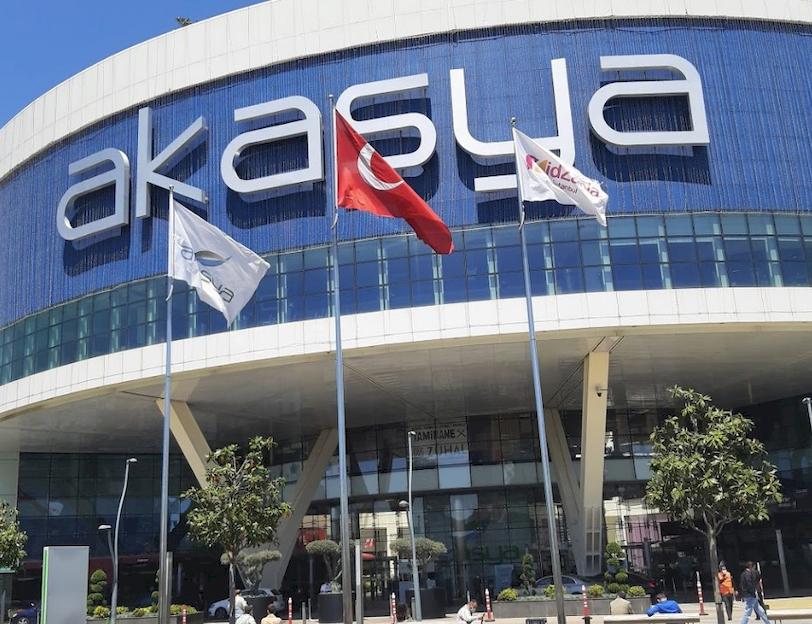
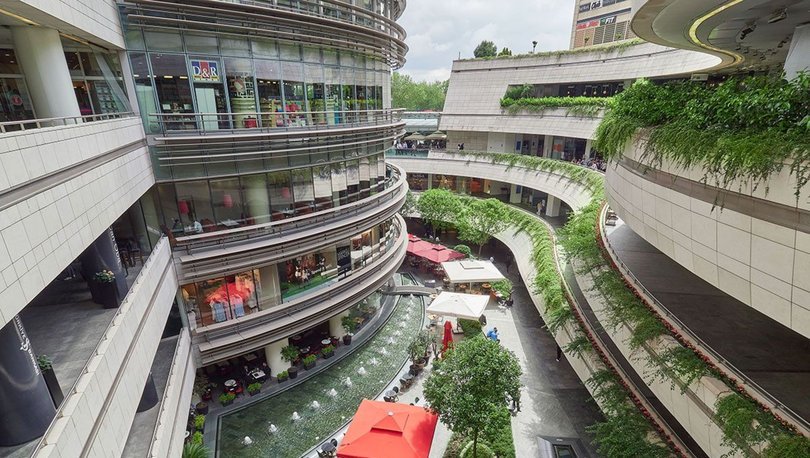
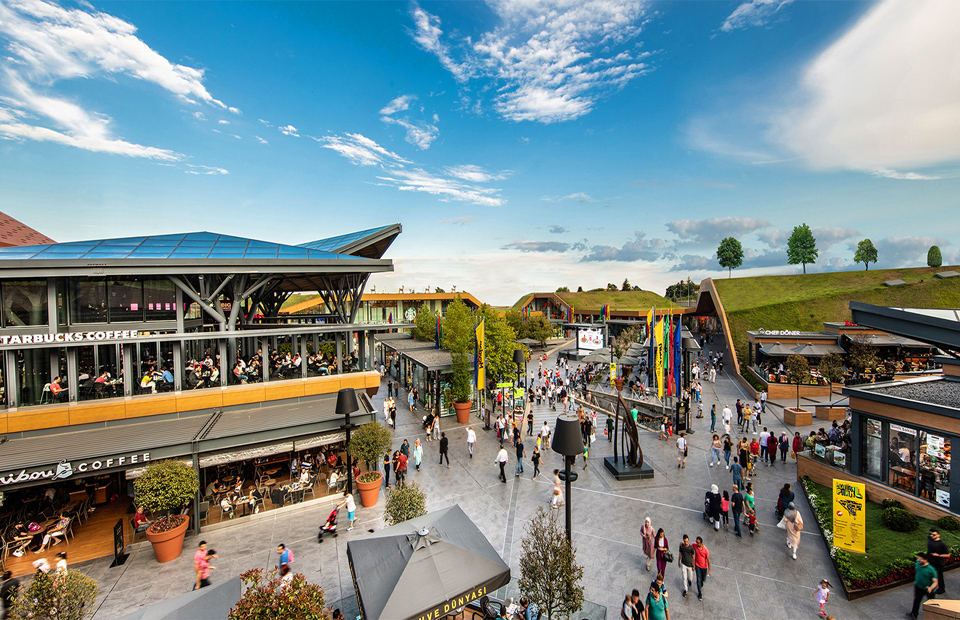
Despite all economic difficulties, the prime rent per square meter in the retail sector was recorded at €105/ sq m for 2023, marking a 31.3% increase compared to the previous year. The shopping mall turnover index in Turkey showed a 92% increase in 2023, surpassing inflation and exchange rate hikes. Categorically, the highest increase was in technology, at 110%, followed by 90% in fashion and 82% in home appliances and tools. The increase in mall turnover has also led to high occupancy rates. 2023 saw a surpassing of pre-pandemic occupancy rates, prompting investors in 2024 to focus on the performance of tenants in their portfolios. Performance-based rent increase demands and actions like vacating stores to accommodate new and high-performing brands are the main themes of the current year. Another important topic for the industry is the turnover generated by tourists. Visitors from Gulf countries have been a significant determinant in the last two years. During the summer months, malls in Istanbul, Bursa, Antalya, Izmir, Afyon, and Gaziantep see nearly 50% of their monthly turnover coming from international consumers. Investments in shopping malls directly interact with the country’s socioeconomic and political development. Over the past 15 years, there has been a transition from a period dominated by foreign investors to one where national developers are prevalent. Due to measures like the “Foreign Currency Ban on Leases” introduced in 2018 and political-economic uncertainties, the proportion of foreign investors in the sector has decreased from 28% to 16% over the last five years. On the other hand, national investors include mixed-use elements in their new projects. Mixed-use projects incorporate functions such as retail destinations, residential areas, offices, hospitals, schools, and entertainment spaces. The aim is to minimize potential risks for investors and create a stable, sustainable income model.
Turkey is home to vital brands that are currently looking to expand in Western Europe.
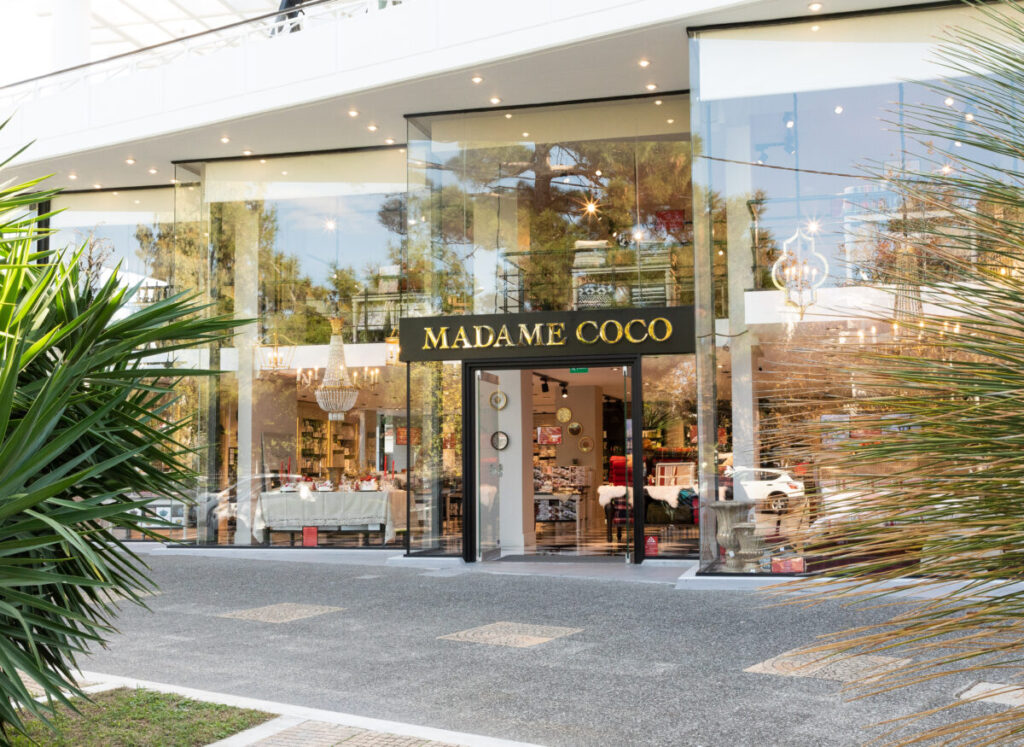
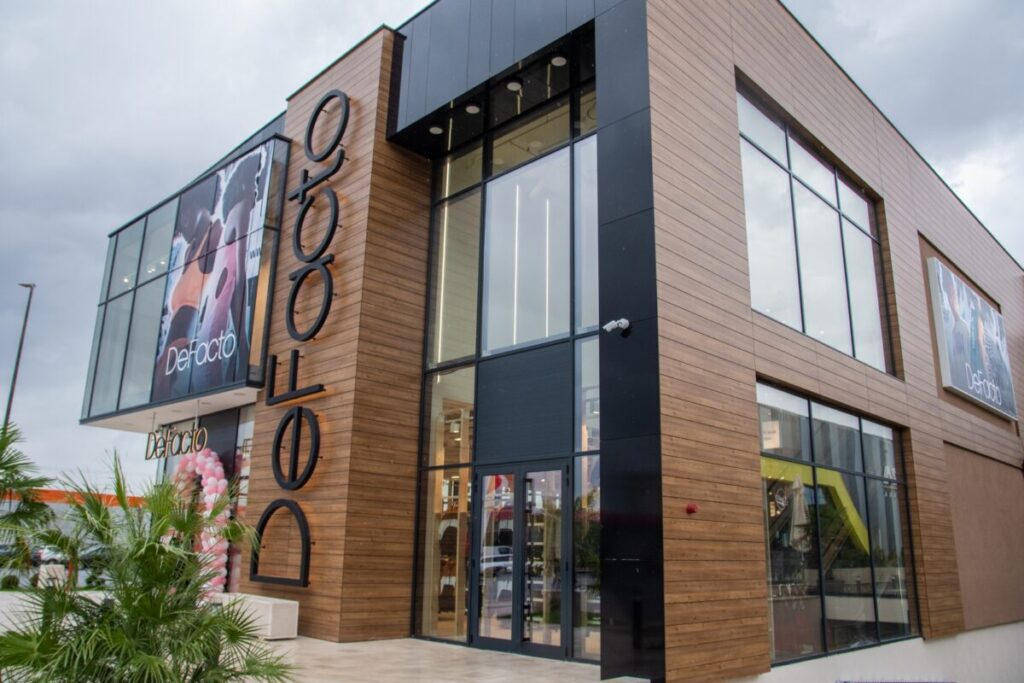
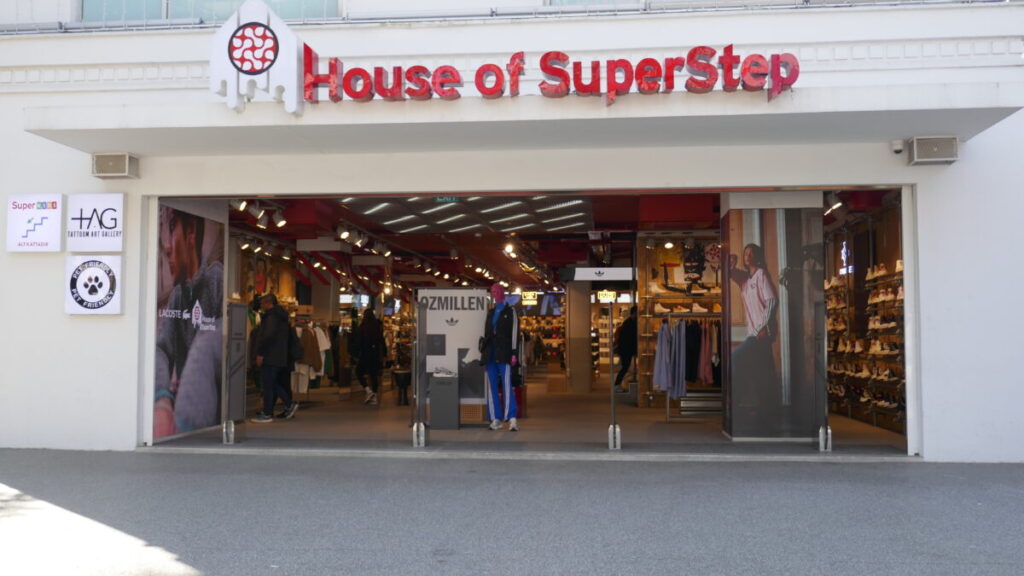
In conclusion, amid economic imbalances and political uncertainties, cautious approaches from shopping mall investors are observed, leading to a shift towards other markets and diversified projects. Nevertheless, Turkey remains an important economic player due to its young population, strategic location, and potential across various industries. Diversified investment options such as mixed-use projects, which offer investors more stable returns, are gaining importance. Flexibility and innovation in the Turkish shopping mall sector are increasingly crucial to adapting to economic conditions and maximizing potential.
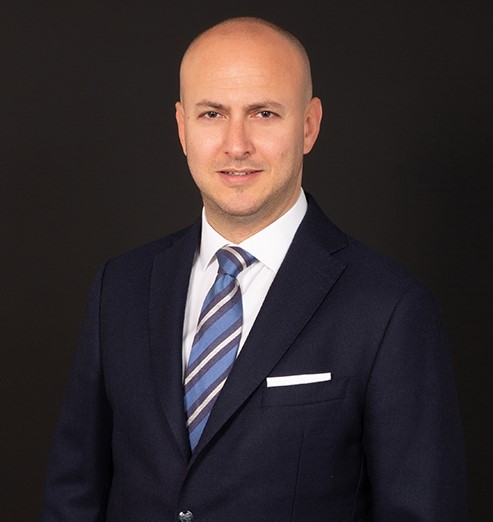
Ortaç Özortaç
Ortaç Özortaç is a Partner at WECONSULT.







